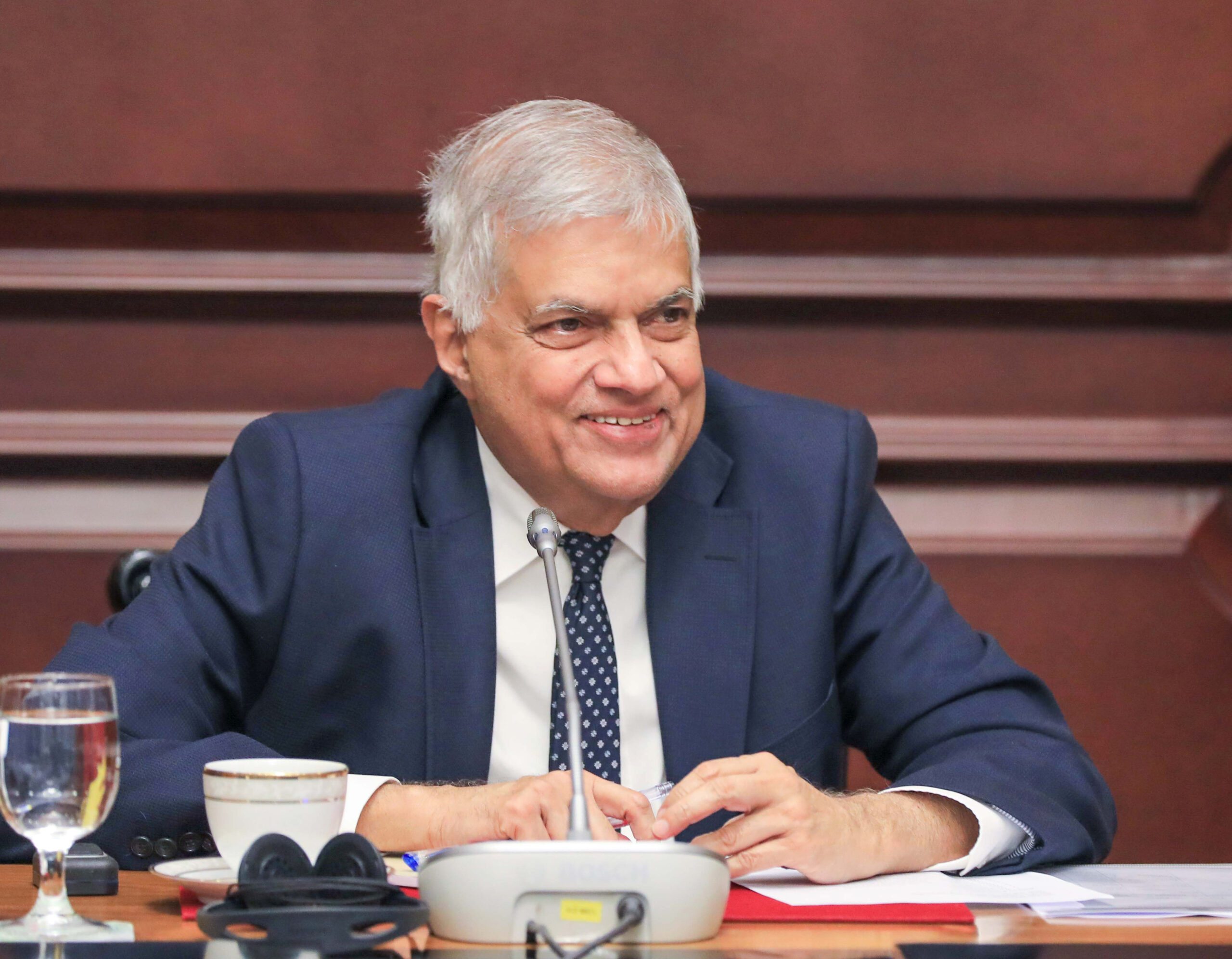President reveals plans to exempt school essentials, medicines & medical equipment from VAT
President Ranil Wickremesinghe, delivering a special statement in parliament on Wednesday (March 06), revealed that the government intends to reduce the Value-Added Tax (VAT) in the future.
As such, school exercise books, stationery items, medicines and medical equipment are planned to be exempted from the VAT, he added.
Wickremesinghe arrived at the parliament complex on Wednesday morning to brief the House on the progress of Sri Lanka’s economic recovery process.
Addressing the parliamentary proceedings, the Head of State acknowledged that imposing the VAT was ‘undoubtedly a bitter and challenging’ decision, adding that this helped boost state revenue to nearly 11% of the GDP.
“We made the decision to implement such a tax with great reluctance. However, considering the economic ailment we face, there are no other viable options.”
He explained that the growth in state revenue gave assurances to the international community of the island nation’s capacity to repay its outstanding debts.
Increased state revenue has gradually strengthened the rupee, which ultimately resulted in the reduction of prices on imported goods including fuel, Wickremesinghe continued.
“As a result, all VAT-paying companies are now reaping the benefits of the stronger rupee, which extends to the entire country. Furthermore, we anticipate additional benefits in the future.”
He emphasized that if Sri Lanka continues its current trajectory with the same vigour, its economy will be in significantly better shape by the end of this year. Additionally, the government has ceased the practice of using taxpayers’ money to cover the losses of government institutions. “Instead, we’re restructuring these institutions and transferring them to investors.”
Speaking further, the Head of State revealed the government’s intentions to expand the tax net further. Owing to the measures taken to widen the tax base, Sri Lanka has seen a rapid growth in taxpayer registration, he said, adding that the total number of tax files stood over 1 million by the end of 2023.

